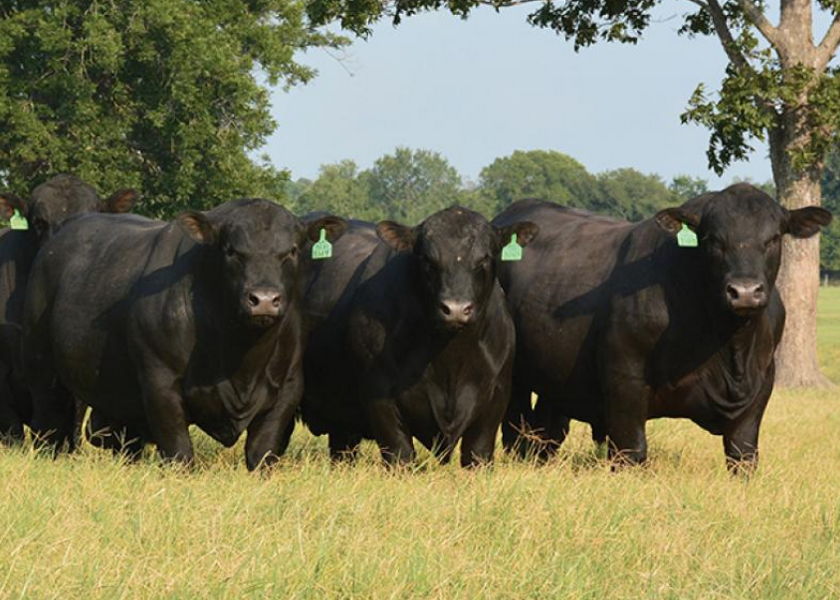Bull Breeding Soundness Exams Can Put More Profit In Everyone’s Pocket

A bull can look and act like he’s primed to produce offspring, but the question is can he deliver? Data show that 1 of every 5 bulls tested can’t and will fail a breeding soundness exam, according to the Society of Theriogenology, an organization dedicated to animal reproduction. That’s why a thorough breeding soundness examination prior to the start of the breeding season – along with frequent monitoring of health, soundness of feet and legs, and continued desire and ability of bulls to mate throughout the breeding season – are critically important in order to ensure a bull’s high reproductive success.
Drovers and Bovine Veterinarian invite you to attend a free, one-hour webinar on demand on how to use breeding soundness examinations to ensure adult and yearling bulls are ready for this year’s breeding season. Register for free below.
For Bovine Veterinarians: Please note this program has been approved for 1 hour of continuing education credit in jurisdictions that recognize RACE approval.
The webinar features presentations by:

Dr. Bob L. Larson, DVM, PhD, ACT, ACAN, ACVPM, Kansas State University College of Veterinary Medicine.
Dr. Jennifer Koziol, DVM, MS, DACT, Purdue University College of Veterinary Medicine.
During the webinar, Drs. Larson and Koziol will address:
1. The benefits producers and veterinarians can realize from conducting BSEs:
- The overall effect of breeding soundness examinations is to eliminate subfertile bulls and to improve the genetic base for fertility within the herd and respective breed.
- Fertile, sound bulls help ensure the highest number of cows/heifers within the herd are bred and deliver healthy, robust calves – key to producer and veterinary profitability.
2. The components that need to be addressed during BSEs: a complete physical examination, scrotal measurement, semen evaluation, leg conformation, general body condition, teeth and eye quality
3. Common problems that can cause a bull to fail a BSE: various sperm abnormalities, poor sperm morphology, ocular cancer, scarred preputial lesions, penile warts, and other physical issues
4. Equipment requirements
5. The Society for Theriogenology updates made to its Breeding Soundness Examination of Bulls Manual
Register for free here:







